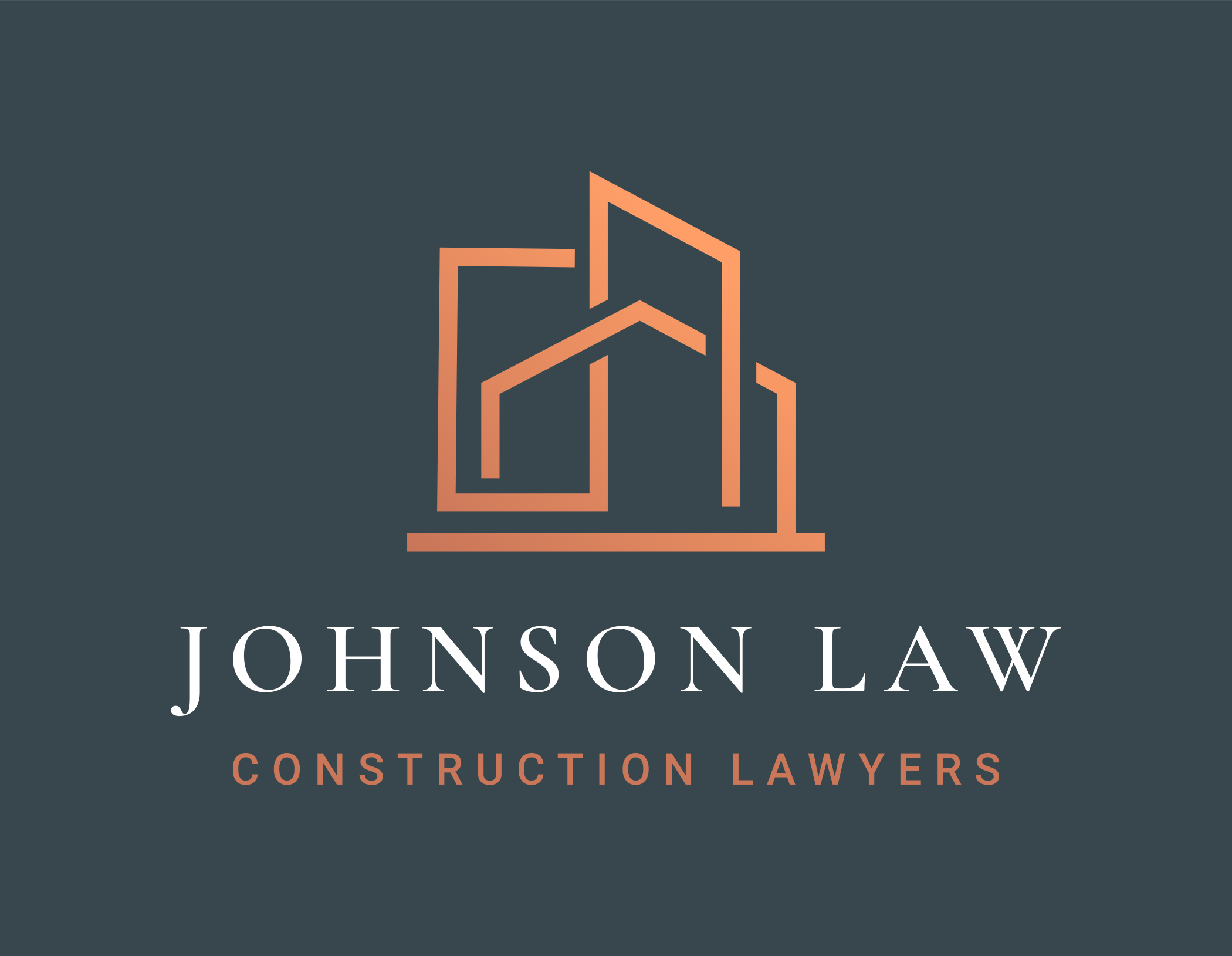So, you’ve just bought your dream home and have settled in. You take a seat in your favorite chair and right before turning on the TV you notice it—a crack in the ceiling, right at the corner of the room. You get up and examine it and find that it looks like there was fresh paint and plaster covering it up. While annoyed, you make a mental note to call a painter.
A couple of months later…you have started to notice the little things—doors won’t stay closed, windows won’t open, and your nice concrete driveway is cracking. You finally conclude that while not a mobile home, your home is moving. You think of the astronomical cost to stop the damage, but then you remember the fresh paint…. It’s time to call an attorney.
Real estate nondisclosure is a form of fraud whereby a seller sells a home without disclosing a material fact that should have been disclosed. Specifically, to prevail on a claim for nondisclosure, you must demonstrate that the seller failed to disclose a past or present fact that he or she had a duty to disclose, with intent to induce you to take a course of action you would not otherwise have taken, and you justifiably relied on the omission.
In our example above, there appears to be evidence of concealment (an additional potential claim) of the cracks in the ceiling. This raises the question of whether the seller knew that the house was moving and tried to cover up the evidence.
If you find yourself in a situation where you think that your house is moving, or that you have any other material damage to the home, that you believe the seller, his realtor, or even a prior owner failed to disclose, then you should call an attorney. An attorney can use established connections with experts in the construction field to diagnose the issues at your home and their root causes. If it appears that the conditions that caused the damage existed prior to your ownership, and the seller (or others) had knowledge of it, then you may have a claim for real estate nondisclosure.
It is crucial that you have the knowledge to know when to call an attorney in the event that you find yourself in unknown territory regarding your biggest asset—your home.
